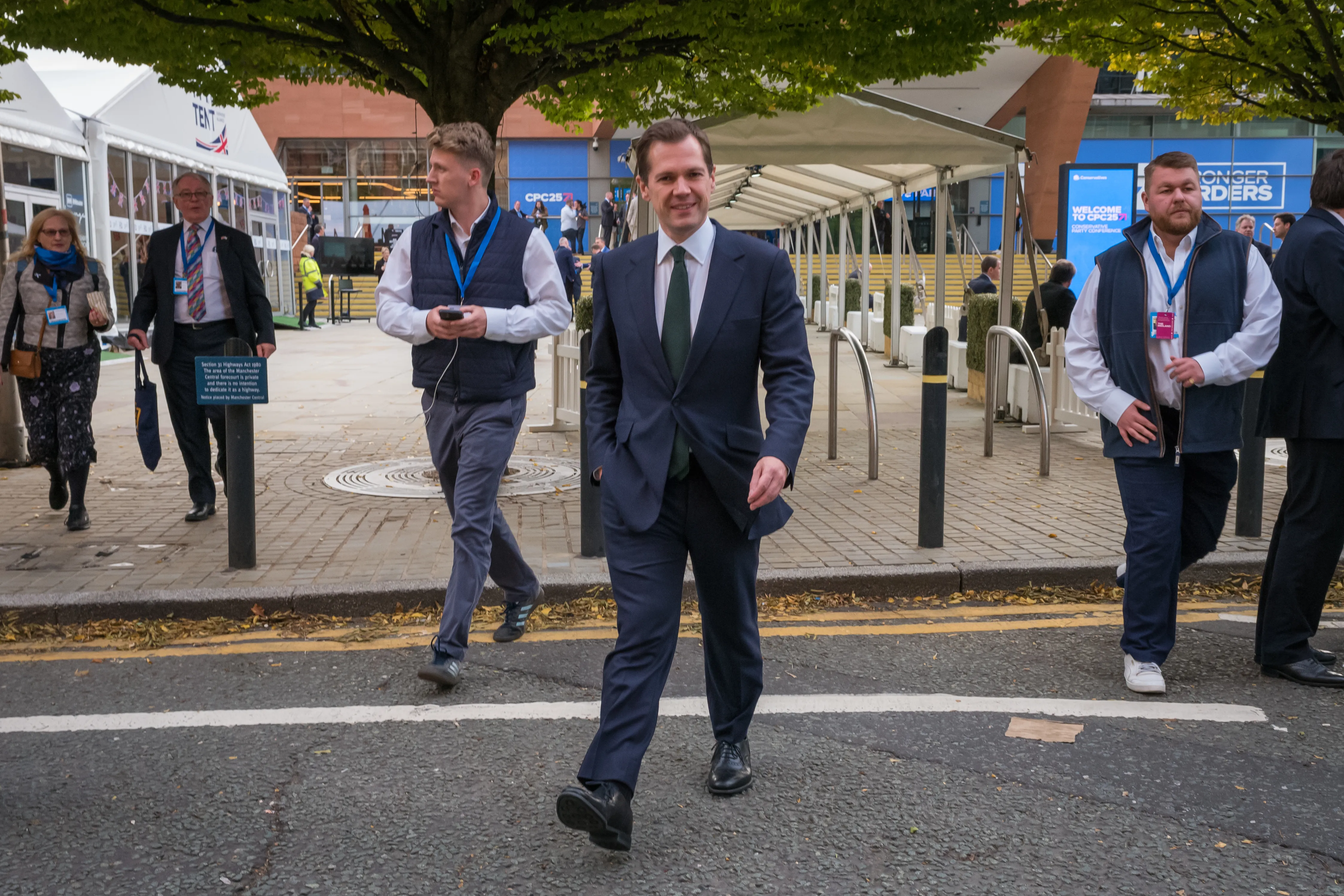Copyright moneyweek

What’s happened? Earlier this month, the Nobel Prize in economics was awarded to three academics noted for exploring the two most urgent practical questions in their discipline: why do economies grow, and how can we help them do so? Half the $1.2 million (11 million Swedish kronor) prize was given to Joel Mokyr, an American-Israeli economic historian of the industrial revolution in Britain and its scientific and cultural underpinnings. The other half of the prize was shared between Philippe Aghion (of the London School of Economics) and Peter Howitt (of Brown University in the US). The pair are growth theorists best known for their Schumpeterian model of economic growth, focused on innovation and “creative destruction”. The choice of these laureates is a reminder that significant and steady economic growth is a relatively recent phenomenon, merely a few centuries old, and that we take it for granted at our peril. What drives economic growth? A growing population, rising productivity and labour-market flexibility are what drive long-run economic growth, and of these, productivity is the biggest factor. As for what drives that, the first building block is having a well-functioning market economy, alongside a stable regulatory regime that allows enterprises to flourish. A second is having access to global markets and high levels of investment in both physical capital and human resources, in the form of skills and education. But all that would mean little without technological innovation. The UK economy is delivering more than 15 times as much output per head of population as it was 200 years ago, mainly thanks to technological advances, particularly in key sectors such as manufacturing, transport and communications. By contrast, there was almost no improvement in living standards whatsoever in the four centuries between 1300 and 1700. This year, the Nobel committee chose to honour academics focused on the economic growth that has lifted billions of people out of poverty over the past two centuries. In the grand sweep of history, it’s been a highly unusual period – and there are no guarantees that it will continue. What do the Nobel Prize winners say? Mokyr’s work as an economic historian focuses on why growth took off in the first place. In A Culture of Growth, published in 2016, he argues that from the 17th century, European cultural norms changed in a manner that was conducive to scientific experimentation and discovery, and to the commercialisation of those ideas – especially in Britain. Compared with large and more monolithic states and empires in Asia, Europe’s political geography helped foster that change. Academics and innovators who fell out of favour could seek a safer harbour elsewhere. Governments were also more prepared to allow “creative destruction”, where old firms and products and sectors die, and new ones grow. Aghion and Howitt were recognised for their theory of sustained endogenous growth through creative destruction. The term “creative destruction” was coined in the 1940s by Joseph Schumpeter to encapsulate the idea that economic progress carries with it significant disruption, churn and displacement of older technologies and firms. The distinctive contribution of Aghion and Howitt, says Peter Kienow in a paper for the Centre for Economic Policy Research, is to have “transformed creative destruction from an evocative metaphor into a rigorous analytical framework” and mathematical model. The Aghion and Howitt framework, dating from 1992, allowed growth theory to integrate real-world micro-data on firm and product dynamics, and built a platform for decades of subsequent work on innovation and growth both by themselves and others – leading to “new insights about the social versus private returns to innovation, the distributional implications of innovation and potential political barriers” to it. What can this year's Nobel Prize teach us? The Nobel committee awarded the prize in the hope that the trio’s work would help ensure that growth was maintained and “steered in the direction of supporting humankind”. In accepting their prizes, the three laureates warned against policies that could hamper growth, including by restricting immigration and erecting trade barriers. But for the UK specifically, there are vital lessons above and beyond the need to be an open, trading nation, says Daniel Susskind in the Financial Times. Currently, the country’s growth strategy is focused on building its way out of stagnation. Yet the lesson from Mokyr, Aghion and Howitt is that “serious growth comes from a very different place: discovering new ideas, unleashing innovation and whipping up technological progress. In short, growth comes from the intangible world, not the tangible one”. If the UK had grown at the same rate as the US since the financial crisis, for example, Britons would each now be £8,000 richer (in terms of annual per capita GDP). That’s a massive gap in a short space of time, and it’s been driven by the UK and Europe more widely, falling behind in productivity-boosting technologies. What should Britain do? It should “focus on reforming intellectual property rights with the same intensity as planning reform”, says Susskind – which means “confronting the powerful creative industries trying to throttle reform on the use and re-use of new ideas in society”. It should also take research and development more seriously; our spending is below the average for the OECD club of rich nations. It should do far more to attract talented foreigners. It should tackle the pervasive sense within some of our most innovative industries – from finance to life sciences – that the UK is becoming a hostile place to operate. Above all, our education system should embrace new technology, not resist it. “Too many political leaders are drawing on old-fashioned ideas about what causes growth – to little effect. This article was first published in MoneyWeek's magazine. Enjoy exclusive early access to news, opinion and analysis from our team of financial experts with a MoneyWeek subscription.



